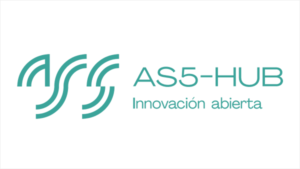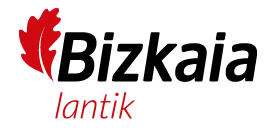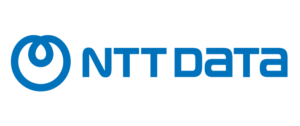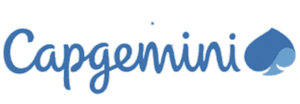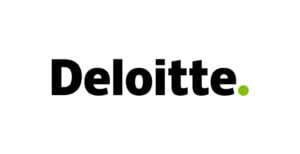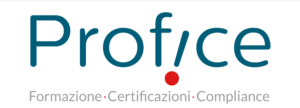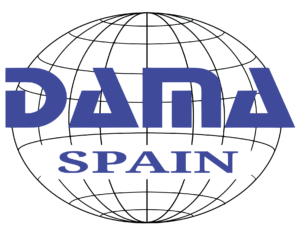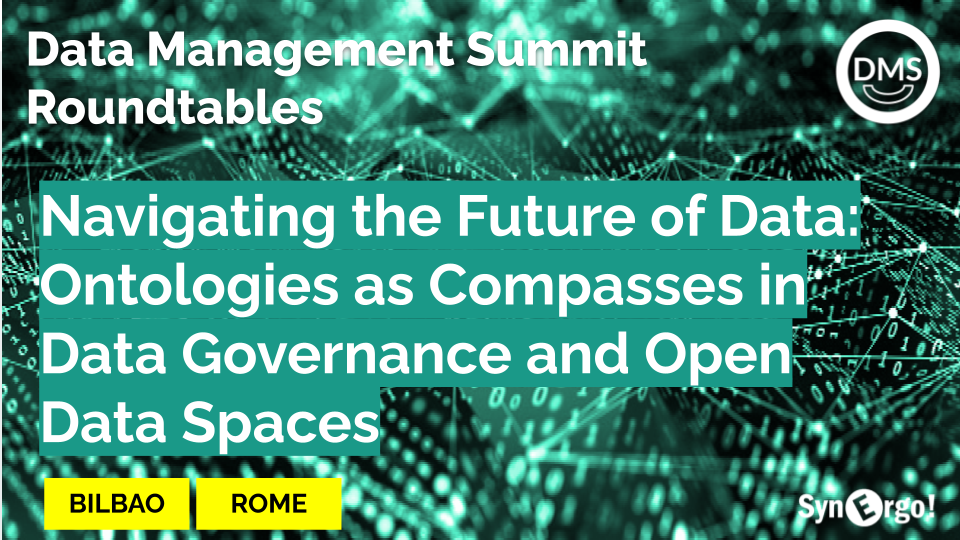
Navigating the Future of Data: Ontologies as Compasses in Data Governance and Open Data Spaces
Within the Data Management Summit we present a panel discussion entitled “Navigating the Future of Data: Ontologies as Compasses in Data Governance and Open Data Spaces” that explores the fascinating world of ontologies and their crucial role in data governance and the promotion of open data spaces.
In this roundtable, we will bring together leading experts in data science, semantic technology and data governance to discuss how ontologies are transforming the way we understand, manage and share data. Ontologies, by providing accurate and meaningful semantic structures, are the tools that will guide organizations in properly governing their data, ensuring its quality, integrity and trustworthiness.
We will explore how ontologies have become digital compasses, enabling organizations to navigate the vast ocean of data securely and efficiently. These semantic structures not only facilitate shared understanding of data, but also establish standards and protocols for open data spaces, promoting transparency and collaboration.
Ontologies are like detailed maps that guide us in a complex world of interconnected data. They are semantic structures that define the underlying relationships and meanings between data. In essence, they are the backbone that supports data spaces, giving them coherence and understanding.
Why are they so important?
Meaningful Interconnection: Ontologies allow linking seemingly disparate data, creating a coherent knowledge network. This facilitates the interpretation of complex data and promotes holistic understanding.
Accuracy and Consistency: By establishing clear definitions and relationships between data, ontologies ensure accuracy and consistency in all information. This is essential for informed decision making and reliable analysis.
Facilitate Search: In a world where efficient search is key, ontologies improve the accuracy of results by understanding user intent. This leads to a richer and more relevant search experience.
Foster Innovation: By providing a robust framework for understanding data, ontologies foster innovation by enabling the creation of new applications, advanced analytics and meaningful discoveries.
Promote Collaboration: By establishing a common language between different users and systems, ontologies facilitate collaboration between teams and organizations. This is critical in open and shared data spaces.


